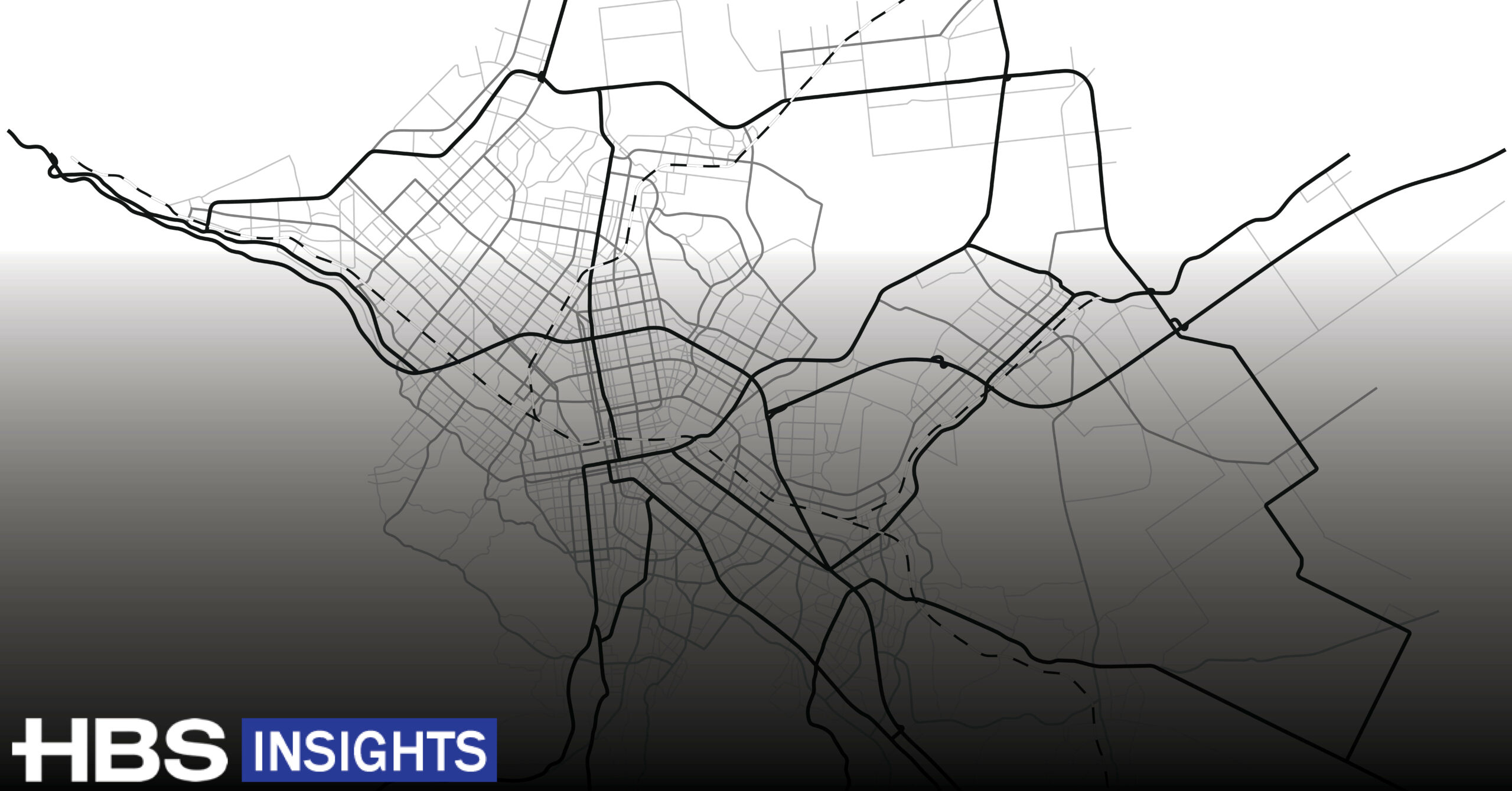One of the big political wild cards of the 2024 election cycle has almost fully played out and the result appears much different than most observers expected.
With several primaries already completed and candidate filing deadlines fast approaching in many states, virtually all of the court ordered redistricting maps are now set for the coming election.
Yesterday, a three judge federal panel rejected a lawsuit claiming that the Florida congressional map violates the 14th and 15th Amendments to the US Constitution. The ruling means that the current map will remain in place.
The Florida map, from which the district electorates chose 20 Republicans and eight Democrats, is the Republicans’ strongest, nationally. Therefore, not changing this plan boosts GOP chances of maintaining their small majority.
With the South Carolina candidate filing deadline upon us on April 1st and the US Supreme Court so far not ruling on the redistricting case before them, the original three judge panel just acted. The federal jurists who initially declared the Palmetto State’s 1st District (Rep. Nancy Mace-R) a racial gerrymander ruled yesterday that the current configuration can still stand for the 2024 election. The panel moved because SCOTUS has failed to issue their decision after hearing oral arguments in addition to understanding that the filing deadline is Monday.
The fact that the high court has not yet ruled suggests the district will stand. Though the lawsuit was targeted to the racial complexion of the 1st District, changing this seat will invariably alter at least one other. South Carolina has seven districts that are split in in a 6R:1D ratio, and now the GOP holding this status is a virtual lock.
Original prognostications suggested that this secondary redistricting cycle would wholly favor the Democrats and likely allow the party to reclaim the House majority based solely upon the new district configurations. This scenario did not happen, and it can be argued that it is the Republicans who actually won the auxiliary redistricting round.
The most important state in this redistricting round from the GOP perspective is North Carolina, where the new map will almost assuredly yield the party a three seat gain with the possibility of adding a fourth.
This increase was supposed to be neutralized in New York, with Alabama and Louisiana providing Democrats additional gains. The New York process, instead of producing a new plan that heavily favored the Democrats brought forth a map that is only a slight variation of the 2022 court plan that allowed a four-seat Republican over-performance.
While the Empire State Republican incumbents who hold Democratic seats could all still easily lose – in fact, Democrats already converted the 3rd District of expelled Rep. George Santos and freshman Brandon Williams (R-Syracuse) has an even tougher district than the one he originally won – the GOP still has a fighting chance to hold their remaining seats.
The Alabama plan is likely to produce a one-seat Democratic gain, but the new Louisiana effort designed to do the same may not survive the pending legal challenge.
The Georgia redraw where Democrats had hoped to gain a seat did not materialize. Neither did expected Dem gains in Florida and South Carolina come about as mentioned above, nor did Wisconsin where the state Supreme Court after redrawing the state Assembly and Senate boundaries surprisingly allowed the congressional map to stand at least for the 2024 cycle.
Democrats did win in New Mexico where a Republican challenge to the Land of Enchantment’s congressional map was rejected in the state court system.
While initial projections could have yielded the Democrats a net gain of approximately seven seats just through redistricting round two, the actual scenario will likely result in a minimum gain or the two parties merely breaking even. Thus, Republicans are now in much better position to keep or add to their small House majority than they were just a month ago.
Democrats, too, can certainly convert enough seats in the 2024 election to win their majority but the redistricting wild card won’t help them as much as first anticipated.
We offer this political insights report for your information and not as a predictor or representative of opinions of HBS or its employees.
